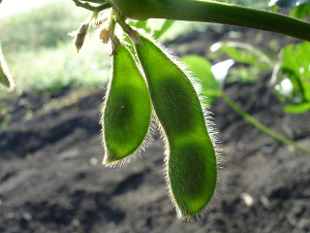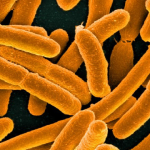
The authors did indicate, however, that GE crops appear as safe to consume as their conventionally bred counterparts and do not pose a greater risk to the environment. “The point clearly emerges that GE is neither a great evil, nor a panacea,” David Stern, president of the Boyce Thompson Institute for Plant Research in Ithaca, New York, who also was not involved in the work, said in the statement.
The committee also noted that GE crops do not seem to significantly increase yield over conventionally bred ones. Trade disruptions—the result of varying regulations on the farming and import of GE crops—are likely to persist, the committee concluded.
As for how the crops should be regulated, the group has called for a new system, one that “pays more attention to the attributes of the crop, as opposed to the way in which it was created,” The New York Times reported. Gould and colleagues wrote: “Emerging genetic technologies have blurred the distinction between genetic engineering and conventional plant breeding to the point where regulatory systems based on process are technically difficult to defend.”
In a statement sent to reporters, Portland State University’s David Ervin, who was not involved in the work, said this was a “major contribution” of the committee’s report. “The move to product characteristics would avert potential problems of not reviewing new crops made with new genome editing and synthetic biology techniques that may not trigger regulatory review under current procedures,” Ervin said. (See “The Unregulation of Biotech Crops,” The Scientist, November 25, 2015.)











RSS